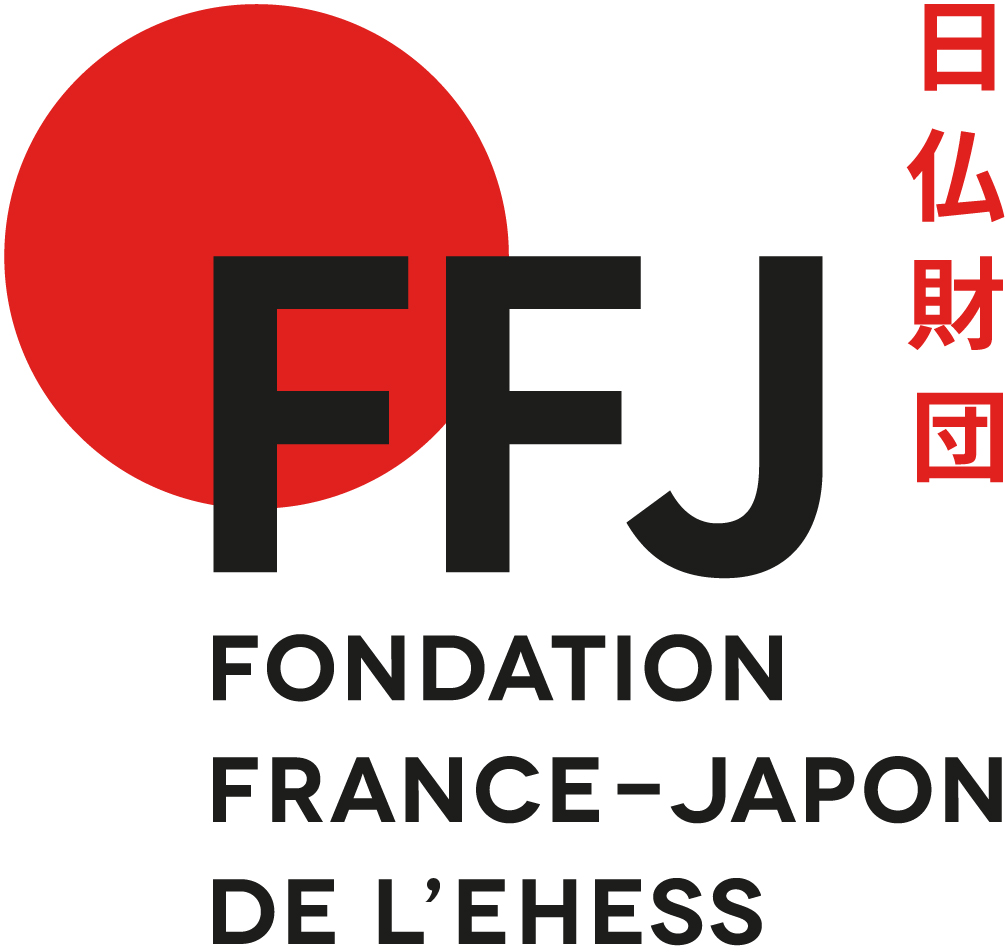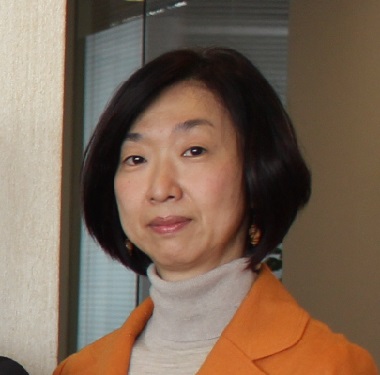Makiko SakaiSmall-scale Economic Activities and Self-help Mechanisms in African Rural SocietiesIntroductionThis paper outlines my previous research in different fields, in Chad (1998-2007), Tanzania (2010-present), and in Cameroun (2015-present), and clarifies my further research projects in 2019. Since the beginning of my research in Africa, my main interest has been about the different kinds of mutual aid established by rural people which enable them to cope with harsh natural and sociopolitical environments. These grassroots protocols are often more effective than formal cash-reliant development projects. Present-day globalization has had multiple impacts on rural life. For example, centralizing functions in the capital city of Dodoma has made it difficult for local subsistence agriculture and pastoralism to continue, forcing many to depend on unstable cash income. On the other hand, in West Cameroun, where there is a long history of trans-regional trade, local economic activities based on traditional periodic markets have flourished, especially alongside the recent urbanization of local cities in the region. Historical and geographical differences lie behind each local contrasting attitudes towards how economic activity and dealing with money should be conducted. This research project aims to clarify the social and economic factors which determine local approaches to economics and money from East to West Africa. Chad (1998-2007)I started researching rural life in southern Chad in 1998, where I had been working as a Japanese NGO staff member for five years. Suffering an industry¬decimating civil war until 1991, Chad has been classified one of the world’s poorest countries, with a severe semi-arid environment which limits substance agriculture and pastoralism. Under these circumstances, the State was totally reliant on foreign aid. My research took the form of a critical analysis of participatory development projects. As far as African rural development is concerned, how participation is approached has both ideological and practical bases. Peasant organizations with different structures came to represent village groups before contributors of aid. The withdrawal of the State accelerated this trend. Notably in southern Chad, peasant groups in the cotton sector or with NGO protection met difficulties with management and operations, leading a number to reconsider a participation-based approach. Ideological preconceptions of the African community being egalitarian and mutually supportive are a major factor in the failure of peasants’ organizations to adjust to the new development landscape, namely the limited recognition of collective projects by developers like cereal banks and micro-financiers. Thus, certain privileged groups took advantage of development. In this parlous context, peasants sought new forms of solidarity, adding to their difficulties, as support for communal life dwindled and their own lives became more individualistic. My doctoral thesis was based on this research. Tanzania (2010-present)Since 2010 I have researched within the framework of the African Moral Economy Research Group in the Dodoma region of Central Tanzania. The topics researched are two-fold: first, the mutual aid system in the historical context of famine, and second, the growth of microfinance under rapid urbanization and the changing nature of subsistence livelihoods. The history of agro-pastoralism in the Dodoma region is one of continual struggle against famine. Dodoma is considered one of the poorest regions in Tanzania because of frequent famines caused by semi-arid natural conditions. Its rainfall averages around 600mm per year, which prohibits stable agricultural production. So Dodoma’s Gogo inhabitants developed and adapted a combination of agriculture and livestock keeping in order to survive. In analyzing these strategies, I observed that in a region with frequent food shortages, the Gogo have said for a long time that they prioritize reducing daily risks by strengthening ties with relatives and friends, say, through cattle exchange, rather than increasing personal wealth: a so-called ‘moral economical’ way of life (Scott, 1977). Scott emphasized the ‘safety first’ principle, which corresponds to a ‘subsistence ethic’ in the peasant decision-making process. In contrast, Popkin (1979) stressed that the ‘rational’ aspect of the peasants’ behavior points to ‘maximization’ within a specific market, rather than long-term subsistence stability in peasant society. Secondly, the rapid development of microfinance is considered key to explaining the monetizing of modern local society. Concentration of services in the capital of Dodoma caused rapid urbanization which in turn has radically changed regional livelihoods. As Kuroda (2014) described the current famine as a “famine of cash”, lack of cash may be an imminent threat faced by locals, regardless of access to other resources. Cameroun (2015-present)In recent decades, vegetable production and marketing in the West Region of the Republic of Cameroun significantly increased due to urbanization. My research analyzed relations between production areas and local marketing networks constituted by women vendors working in local periodic markets. Dschang city in Menoua prefecture has a large official market. This market is not only open every day, but is characterized as an 8-days periodic market according to the traditional local-language calendar. This region was historically a large coffee production area, prospering once Arabica beans were introduced as a cash crop by French colonials. Economic dependence on coffee production persisted after independence into the late 1980s to 1990s, when the industry was struck by several factors including a collapse in international coffee prices and liberalization introduced by the Structural Adjustment Program (SAP). Farmers responded by shifting from coffee production to producing various vegetables, potatoes, and cereals suited to the highland climate, for domestic sale and inter-regional export. Centralized management of production and marketing during the coffee industry’s heyday, by producers’ cooperatives and the national government, gave way to ad hoc vegetable production, managed by each farmer. Female produce vendors in the local market are called “Bayam Selam”, and the whole process from production to marketing requires them to take a specific yet broad commercial approach. We also cannot ignore the role of Chinese motorbikes in diversifying marketing and logistics. Many young people start driving ‘bike-taxi’s for employment, becoming important connections between mountainous production areas and city markets. When making business decisions, female vendors consider their financial capacity, product perish-ability, distance from farm to market, relationships with middlemen or middle-women, and the manageability of different produce categories. They are also famous as keen organizers of traditional microfinance “tontines” for money management. While men handled the production and marketing of Arabica coffee, the region’s “traditional” cash crop, women vegetable vendors gained prominence after the substantive end of the local coffee industry. Their development of networks in periodic markets are making local economic structures more inclusive. The prospect of future researchIn summary, those three different research fields provide diverse perspectives on income generation and mutual aid within different local contexts in East and West Africa, as well as opportunities for comparative studies. Until now, I had done research of each field separately. In the next step, I suppose to integrate and do comparative analysis of the results of my field researches in Tanzania, Cameroon and Chad and according to certain analytical tools which would allow to understand the diversity of Africa’s rural societies. ReferencesHyden, G. 1980. Beyond Ujamaa in Tanzania, Underdevelopment and Uncaptured Peasantry. University of California Press.Kuroda, M. 2014. Nzala Pesa: A Current Concept of Njaa Among the Gogo of Central Tanzania. In K. Sugimura, (ed.). Rural Development and Moral Economy in Globalizing Africa: From Comparative Perspectives. (Proceedings of 6th International Conference on African Moral Economy, 26-28 August 2013, Dodoma, Tanzania), pp. 105-122. Fukui: Fukui Prefectural University. Popkin. S. 1979. The Rational Peasant. Berkley, Los Angeles, London: University of California Press. Scott, J. C. 1977. The Moral Economy of the Peasant: Rebellion and Subsistence in Southeast Asia. Yale University Press. Sen, A. 1981. Poverty and Famines: An Essay on Entitlement and Deprivation. Oxford: ILO/Oxford University Press. Warnier, J-P. 1993. L’Esprit d’entreprise au Cameroun. Paris, Karthala. |
 |
Recherche |  |
FFJ Research Statement |  |
Makiko Sakai |
| Inscrivez-vous à notre Lettre en cliquant ici |
*En cas de problème, vous pouvez aussi vous inscrire en envoyant un mail à sympa@ehess.fr, avec pour titre "subscribe ffj_french_news".






